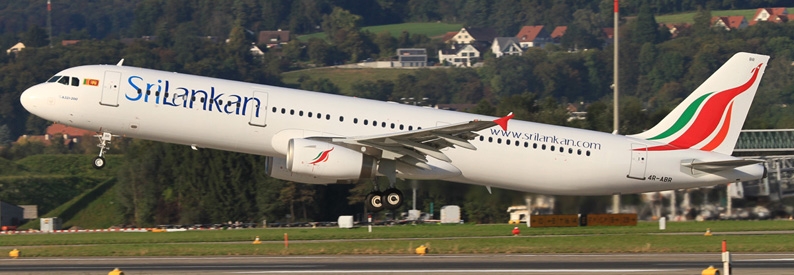SriLankan Airlines told to pay its fuel bill

SriLankan Airlines (UL, Colombo Int’l) has been directed to pay USD30 million to the Ceylon Petroleum Corporation (CPC) on the 20th of each month to avoid delays in procuring jet fuel for its operations.
Sunday Morning Business reports a senior CPC official, who asked not to be named, said CPC imports jet fuel every 20 days at a cost of USD30 million. It wants the airline to pay this amount in advance of receiving the fuel to avoid the accumulation of credit bills.
Should SriLankan Airlines fail to make the payment, the official said: “Then we can’t keep ordering fuel as the payment has to be settled to the CPC on time. Sri Lankan is supposed to settle payments in advance to get these cargoes.”
The official noted that SriLankan Airlines payments so far were insufficient for the CPC to procure jet fuel.
This follows comments made in December by CPC chairman Sumith Wijesinghe that the national carrier must settle its fuel payments in US dollars through the state banks.
SriLankan Airlines spokesman Deepal Perera said the airline had started settling its payments to the CPC in US dollars from the day the request was made. “We are an international airline and most of the revenue generated is in USD. Thus, from the time they have wanted us to pay, we have been paying in dollars. Today we are one of the biggest foreign exchange earners in the country,” he said.
In 2020, SriLankan Airlines’ monthly CPC bill was around USD14 million, with only USD6 million having been paid monthly before the local COVID-19 outbreak.
SriLankan Airlines reported a net profit of USD9.25 million and a group profit of USD10.66 million for December 2021 – the first profitable month for the airline since the onset of the pandemic. Revenues were up by almost 200% compared with the same period in 2020 and 80% up on pre-pandemic levels. SriLankan Airlines operated close to 800 flights during December 2021 with 228,203 passengers –13 times more passengers than in December 2020. It also carried 7,877 tons of cargo in December 2021, a 147% increase on December 2020.
